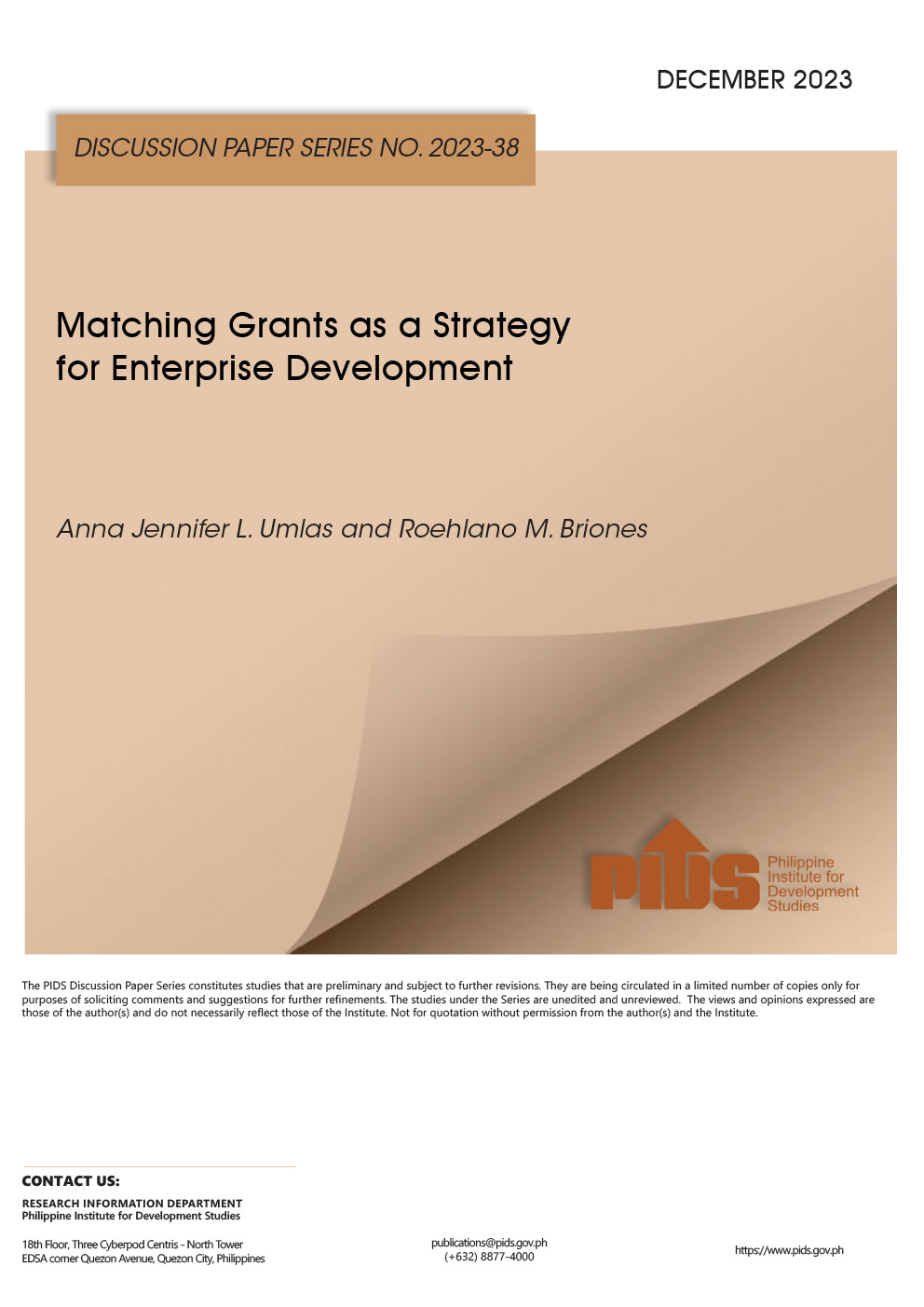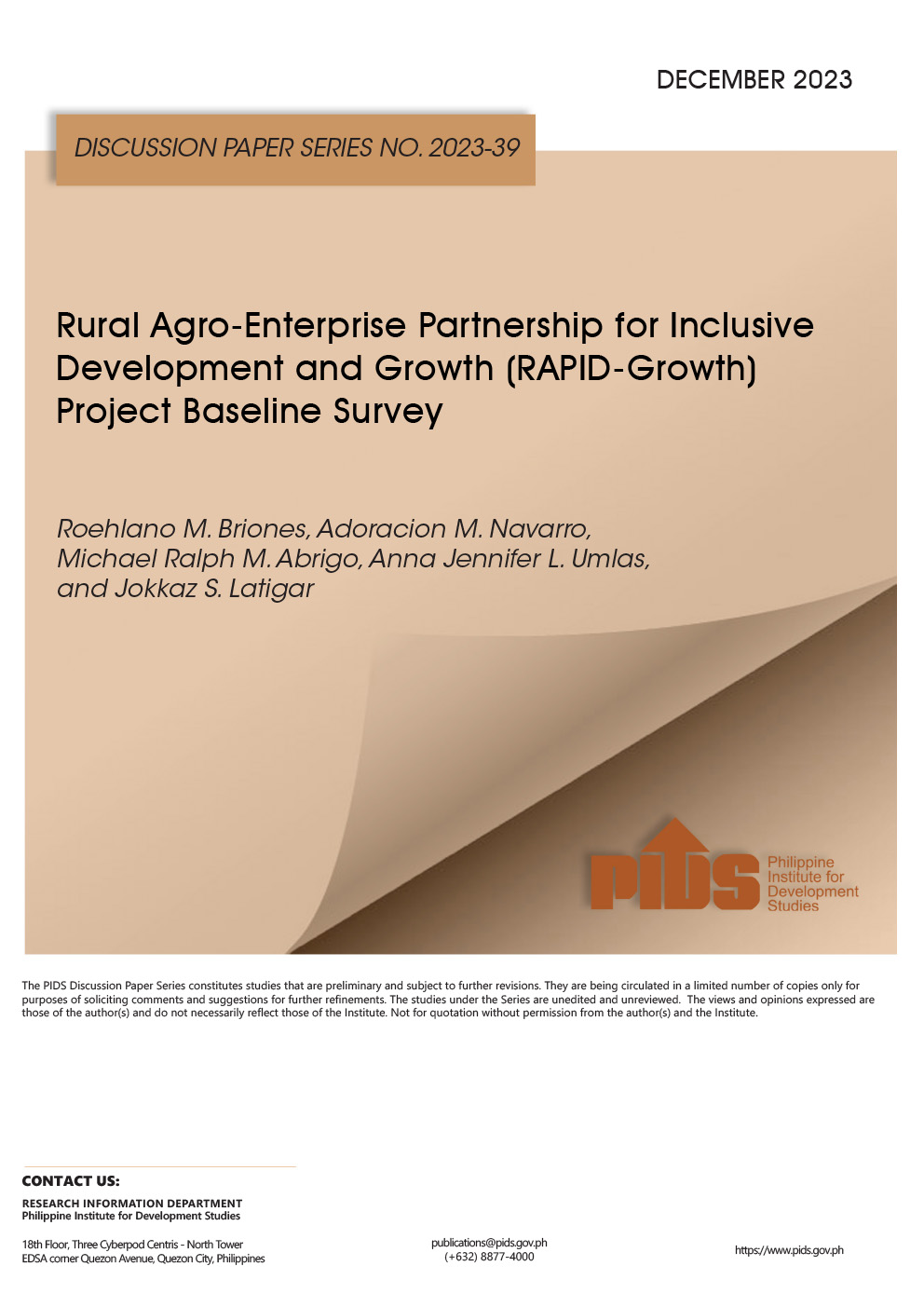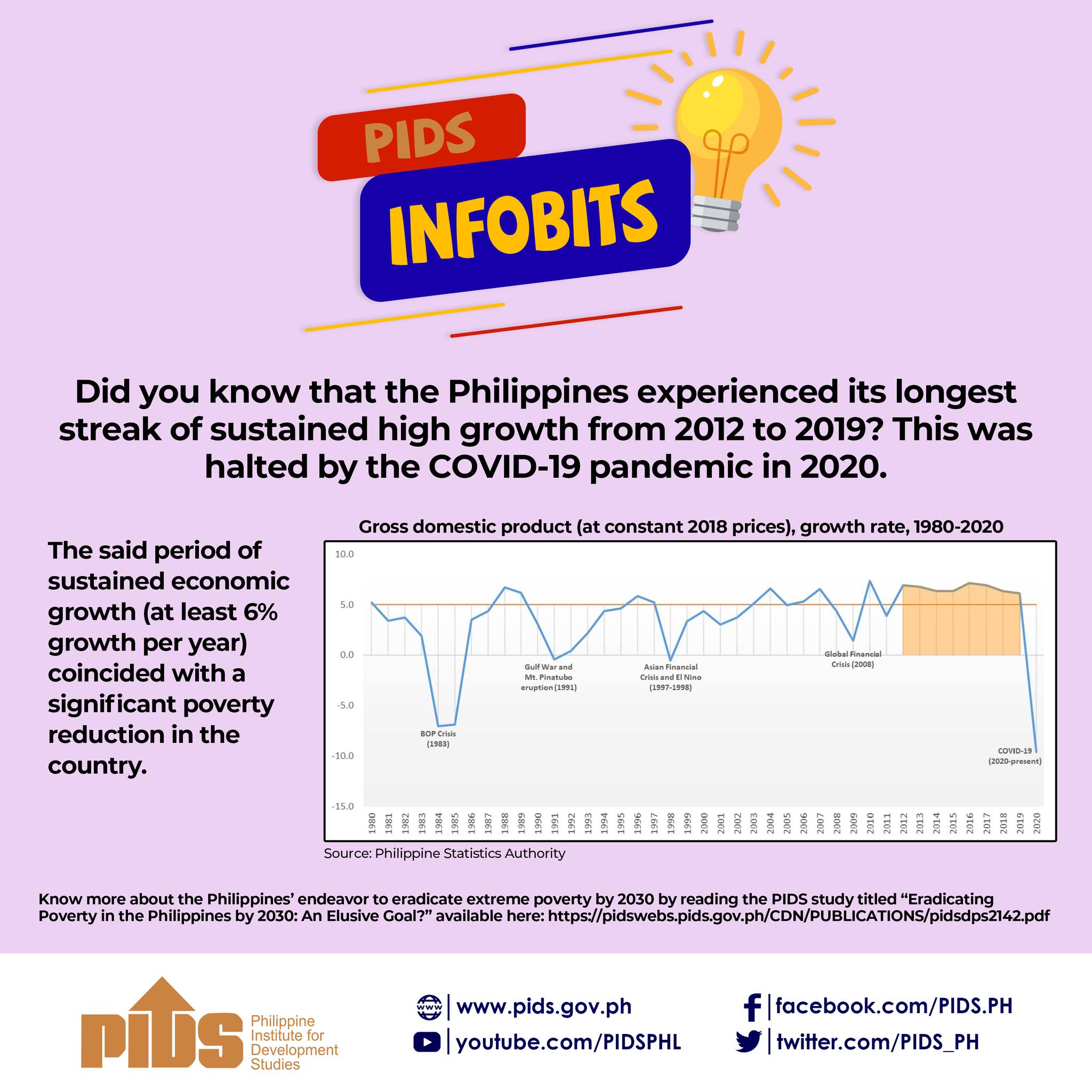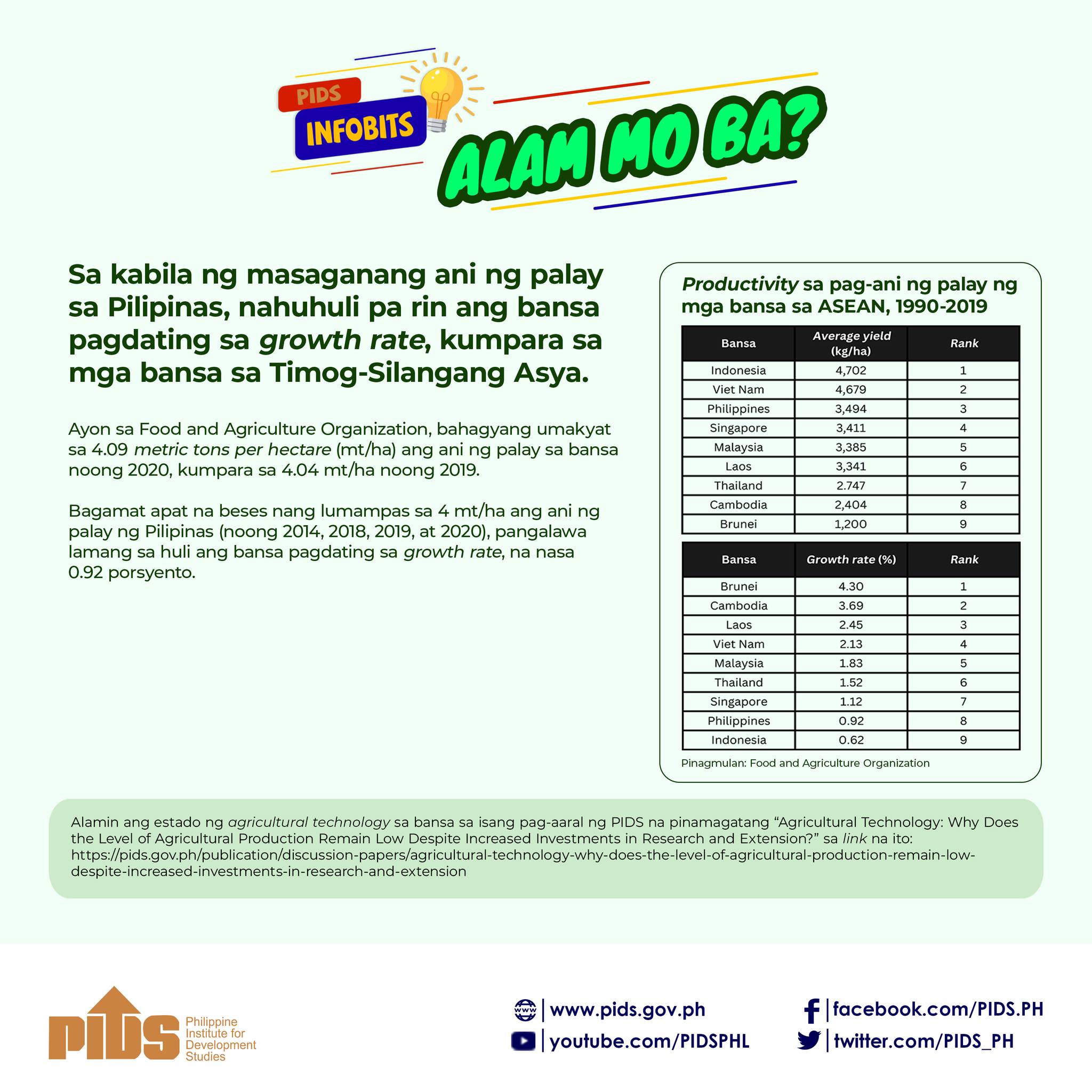THE FLUID NATURE of online work has led to gaps in taxation and social protection, issues that have become more urgent with the increased adoption of remote work during the pandemic, a report from the Philippine Institute for Development Studies (PIDS) found.
In the report “Exploring Policies and Initiatives for Online Workers in the Philippines,” PIDS Senior Research Fellow Ramonette B. Serafica and Research Analyst Queen Cel A. Oren found that the overlapping classification of online workers has affected their tax payments to the Bureau of Internal Revenue (BIR).
“Even if Filipino online workers want to register with the BIR and pay their fair share, anecdotal evidence reveal confusion with respect to their proper category. The registration requirements and procedures could also be problematic,” the authors said.
Online workers are often freelancers hired on a per project basis, which means income is not always steady.
Some work depends on the availability of clients and contracts. They can fall under varying categories — entrepreneurs, part-time workers, freelancers, or independent contractors — at different times.
For instance, freelancers are not among the list of individuals who should file an income tax return (ITR) under the National Internal Revenue Code. But a freelancer can be classified as self-employed professional, mixed-income individual or sole proprietor, depending on their profession.
“Even if Filipino online workers want to register with the BIR and pay their fair share, anecdotal evidence reveal confusion with respect to their proper category,” PIDS researchers said.
Some online workers are not able to register at the BIR because they cannot submit a residence certificate without the required storefronts.
“Platform workers have a different perception of their employment status. Depending on the nature of their work, they may be recognized by the BIR as individual and non-individual taxpayers,” the authors said.
At the same time, freelance workers are able to tap social insurance programs, but they often fall into overlapping employment status categories.
“Online workers might find it challenging to make regular contributions or may not be motivated to voluntarily do so,” PIDS said. “Thus, the current social protection schemes will have to be reviewed and updated to be responsive to the needs of new types of workers and work arrangements.”
Social Security System and Pag-IBIG benefits have contribution-based eligibility rules, which means online workers that have not paid contributions over a certain number of months will not be able to avail of benefits.
The government should help simplify social protection registration processes and using online payment systems, the PIDS researchers said.
“Like the Universal Health Care Act, the government can consider providing universal social protection,” the authors said.
“Whether it is to design a social protection scheme suitable for online workers or a mechanism to increase tax compliance, field experiments could be conducted to determine the appropriate interventions that will encourage participation and reduce the informality of online work.”
The PIDS researchers expect online work to surge, with a third of the workforce partly or fully working remotely after five years.
“With the COVID-19 pandemic, the market for online work is believed to expand further with the increase in outsourced tasks and availability of workers due to job losses in other sectors.”
Several bills related to online workers are pending in Congress, including the Philippine Digital Workforce Competitiveness Act that would help improve digital training, and the Freelancers Protection Act that would give them the right to social welfare benefits and simplified tax registration. The National Digital Careers Act would roll out subsidies, scholarships, and incentives for digital work.












